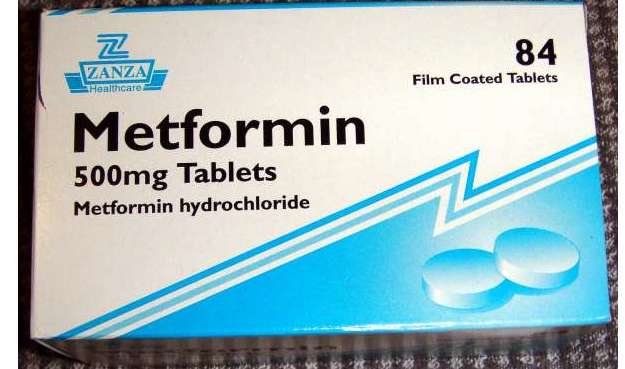
Metformin is a widely prescribed blood sugar-lowering drug. It is often used as an early therapy (in combination with diet and lifestyle changes) for type 2 diabetes, which afflicts more than 34 million Americans.
Metformin works by lowering glucose production in the liver, reducing blood sugar levels that, in turn, improve the body’s response to insulin.
But scientists have also noted that metformin possesses anti-inflammatory properties, though the basis for this activity was not known.
In a new study from the University of California San Diego, researchers found the mechanism for the anti-inflammatory activity of metformin.
They also found that metformin prevents pulmonary or lung inflammation in COVID-19.
Over the past year, several retrospective clinical studies had reported that metformin use by diabetic and obese patients prior to hospital admission for COVID-19 correlated to reduced severity and mortality.
Both diabetes and obesity are recognized risk factors for COVID-19, and are linked to more severe outcomes. Notably, other drugs used to control blood sugar levels do not appear to produce a similar effect.
These clinical studies suggested metformin’s anti-inflammatory activity, rather than lowering of blood glucose, could be responsible for reduced COVID-19 severity and mortality.
In the study, the team focused on acute respiratory distress syndrome (ARDS), a life-threatening condition in which fluids leak into the lungs, making breathing difficult and restricting oxygen supply to essential organs.
ARDS is triggered by trauma and by bacterial or viral infections. It is a frequent cause of death in patients hospitalized with COVID-19.
The researchers found that metformin administered to mice prior to or after exposure to bacterial endotoxin, a surrogate for bacterial pneumonia, resulting in the inhibition of ARDS onset and lessening of its symptoms.
Metformin also produced a marked reduction in mortality in endotoxin-challenged mice and inhibited IL-1β production and inflammasome assembly within alveolar macrophages—immune cells found in the lungs.
The team also found the underlying mechanism by which metformin exerts its anti-inflammatory activity.
These findings strongly suggest that metformin can help provide new treatments for severe COVID-19 and other forms of ARDS.
The team says metformin may have therapeutic potential for treating a variety of neurodegenerative and cardiovascular diseases. Inhibition of inflammasome activation may also account for the anti-aging effect of metformin.
If you care about COVID-19 and your health, please read studies about this oral drug could block COVID-19 transmission fast and findings of this old drug could prevent lung damage in people with COVID-19.
For more information about COVID-19 prevention and treatment, please see recent studies about this two-drug combo shows promise for treating COVID-19 and results showing that these 2 blood types linked to lower risk of severe COVID-19.
The study is published in Cell Metabolism. One author of the study is Michael Karin, Ph.D.
Copyright © 2021 Knowridge Science Report. All rights reserved.



